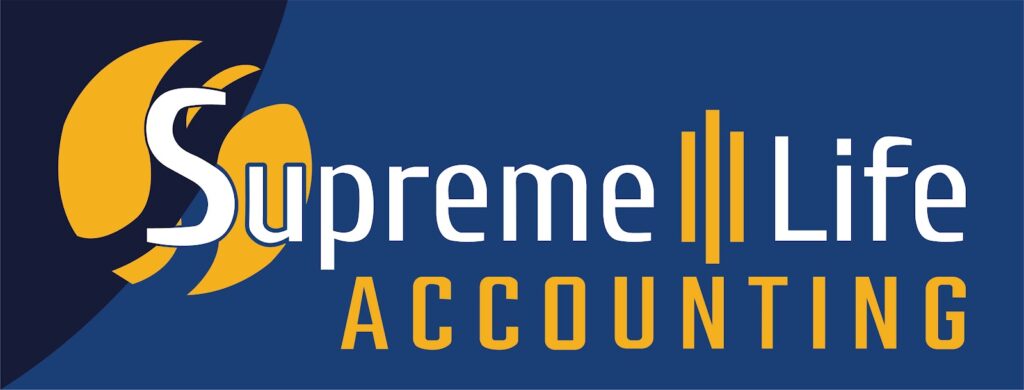Thailand’s Social Security System (SSO) is a mandatory scheme designed to provide financial and medical protection to employees, including both Thai nationals and legally employed foreigners. Governed by the Social Security Act B.E. 2533 (1990), the system ensures coverage for sickness, maternity, disability, death, child welfare, old-age pensions, and unemployment benefits . Employers play a crucial role in administering SSO contributions, and non-compliance can lead to severe penalties, including fines and imprisonment. This article explores the SSO framework, employer responsibilities, penalties for non-compliance, and the advantages of outsourcing SSO management to accounting professionals in Thailand.
What is Thailand’s Social Security System (SSO)?

The Social Security Office (SSO) oversees Thailand’s social security fund, which is financed through contributions from employers, employees, and the government. Key features include:
- Coverage and Eligibility
Applies to employees aged 15–60working under a Thai-registered company .
Foreign workers with valid work permits must also be registered .
Self-employed individuals can voluntarily enroll under Section 40 . - Benefits Provided
Medical care: Free treatment at SSO-registered hospitals .
Maternity leave: 50% salary for up to 90 days (max two childbirths) .
Disability & death benefits: Compensation for non-work-related disabilities and funeral grants .
Old-age pension: Monthly payments after 180 months (15 years) of contributions .
Unemployment support: 50% of salary for up to 180 days if laid off . - Contribution Structure
5% of salary (split between employer and employee, capped at THB 15,000 salary) .
Maximum contribution: THB 750/month (THB 375 each from employer and employee) .
Government contributes 2.75% for additional support .
Deadline: Contributions must be paid by the 15th of the following month .
Employer Responsibilities Under SSO
Employers in Thailand have strict legal obligations regarding SSO compliance: - Registration of Employees
Must register new hires within 30 days of employment using Form SSO 1-03 .
Failure to register risks THB 20,000 fines or 6 months imprisonment . - Monthly Contributions
Employers must deduct 5% from employee wages and match it with their own 5% contribution .
Late payments incur a 2% monthly surcharge . - Reporting Employee Changes
-If an employee leaves, the employer must notify the SSO by the 15th of the next month .
Failure to report terminations can lead to legal penalties . - Record-Keeping & Compliance
Employers must maintain accurate payroll records and submit them upon request . Fraudulent reporting can result in fines up to THB 200,000 or imprisonment .
Penalties for Non-Compliance
The Social Security Act and Labor Protection Act impose strict penalties for violations:
Violation Penalty
Late SSO contributions -2% monthly surcharge
Failure to register employees -THB 20,000 fine or 6 months jail
False reporting – Up to THB 200,000 fine + jail time
Non-payment of benefits – THB 100,000 fine + legal action
These penalties highlight the importance of strict compliance, making professional payroll management essential.
Why Outsource SSO Management to an Accountant in Thailand?
Managing SSO in-house can be time-consuming, complex, and risky. Outsourcing to a Thai accounting firm offers significant advantages:

- Avoid Costly Mistakes
-Accountants ensure timely filings, preventing late fees and legal issues .
They stay updated on legal changes, such as COVID-19 relief adjustments . - Save Time & Reduce Stress
Automated payroll systems calculate contributions accurately .
Employers avoid administrative burdens, focusing on core business operations . - Cost Efficiency
No need to hire full-time payroll staff, reducing HR expenses .
Outsourcing fees are far lower than potential fines for errors . - Compliance & Risk Mitigation
Experts handle SSO registrations, filings, and audits .
They ensure adherence to labor laws, protecting businesses from lawsuits . - Scalability & Flexibility
Outsourced firms adjust services based on business growth or downturns .
Provide real-time financial reports, aiding better decision-making . - Conclusion
Thailand’s Social Security System (SSO) is a critical legal requirement for employers, offering employees essential protections while imposing strict compliance obligations. Mismanagement can lead to heavy fines, legal action, and reputational damage.
By outsourcing SSO administration to a professional accounting firm, businesses can:
✅ Ensure compliance with Thai labor laws
✅ Avoid penalties and legal risks
✅ Save time and money on payroll processing
✅ Focus on growth instead of bureaucratic hurdles
For businesses operating in Thailand, partnering with an expert accountant is not just a convenience—it’s a strategic necessity to navigate the complexities of SSO efficiently .
Need help managing SSO compliance? Consult a Thai accounting specialist today to streamline your payroll and avoid costly mistakes. That’s where Supreme Life Accounting come in and we can save you a massive headache!



